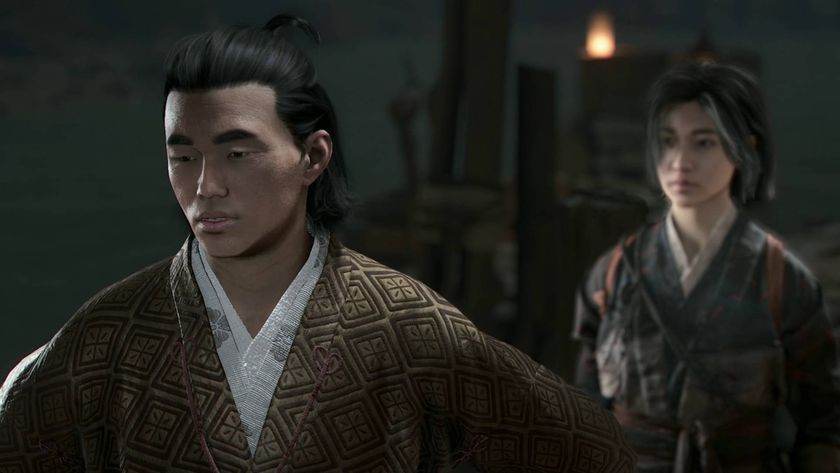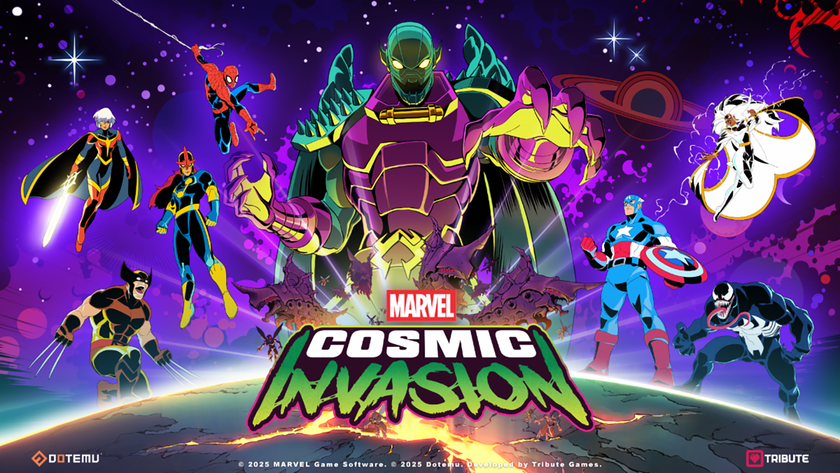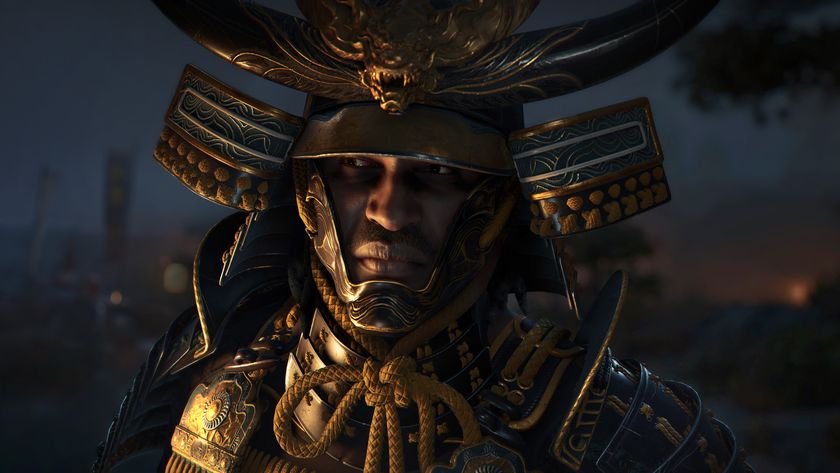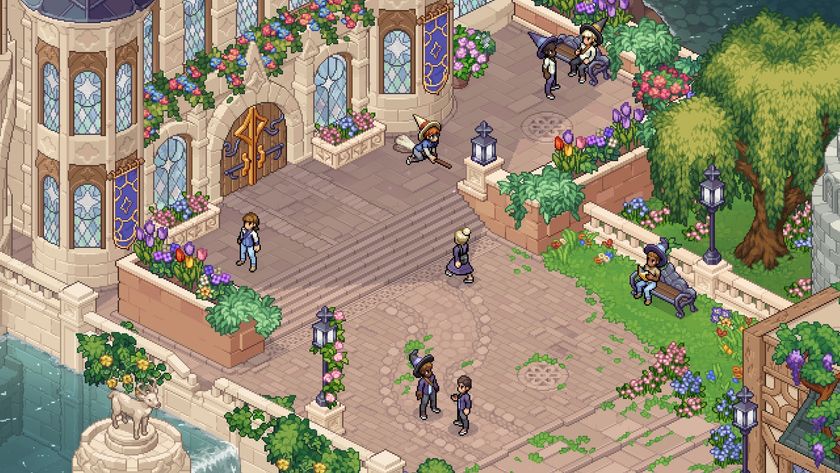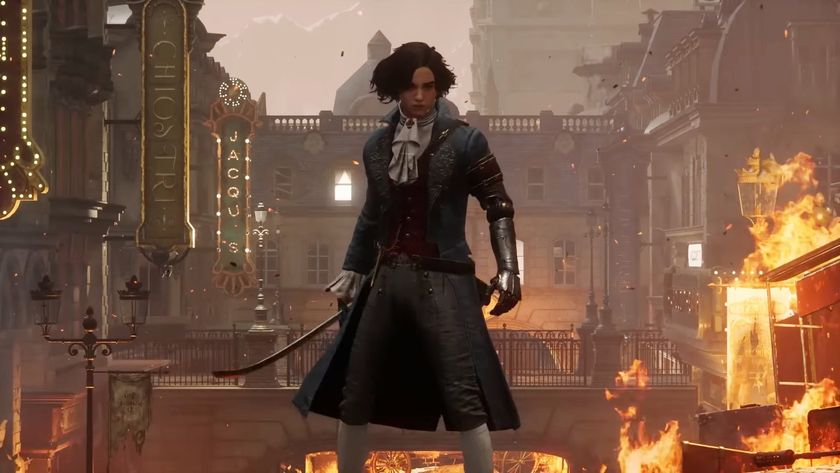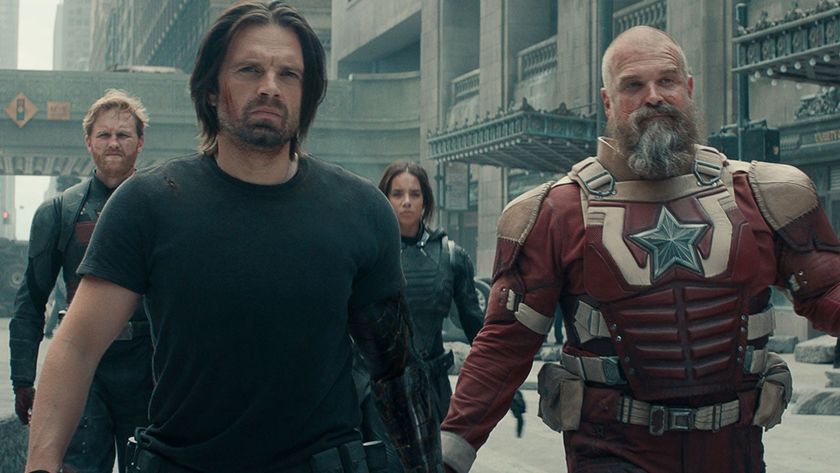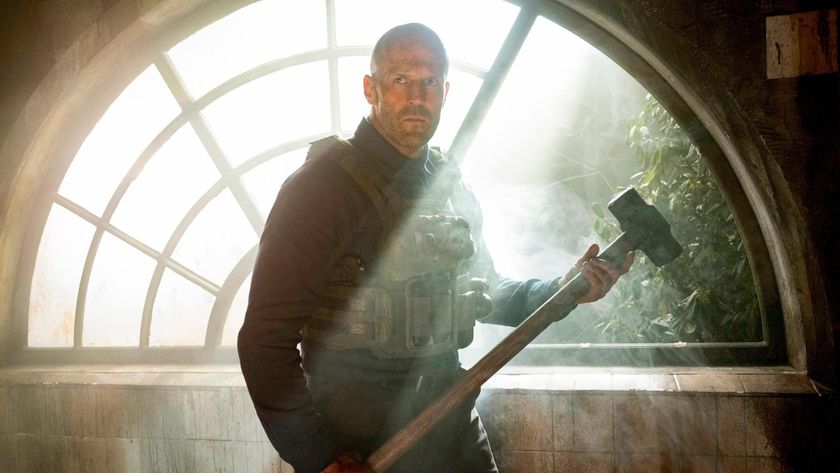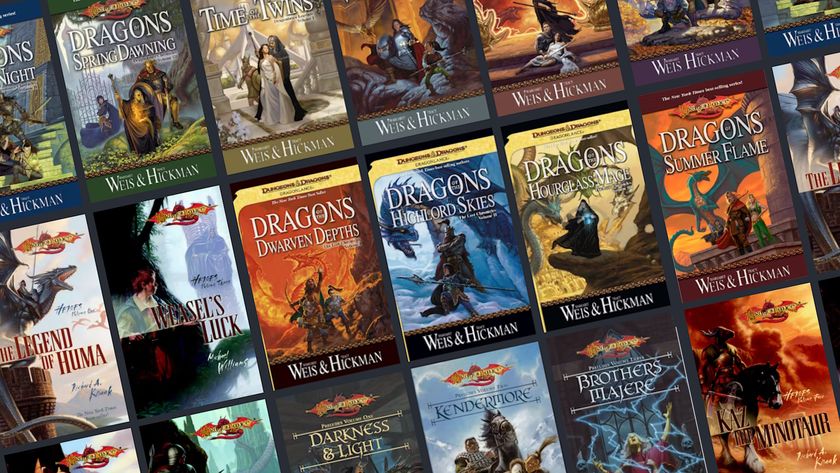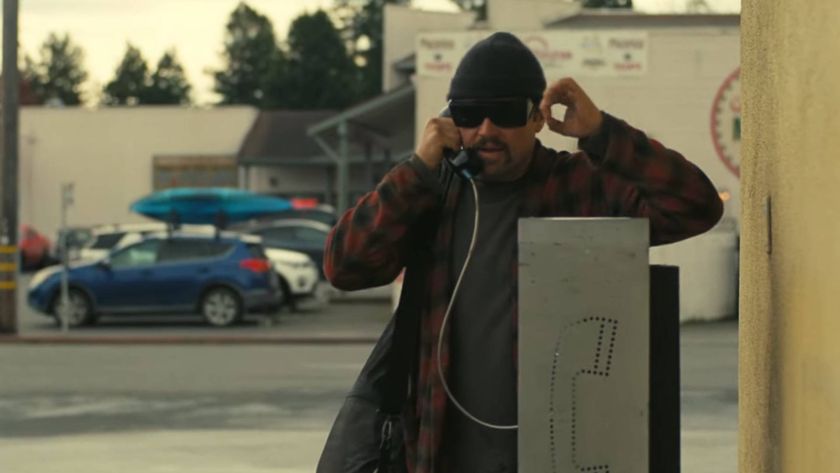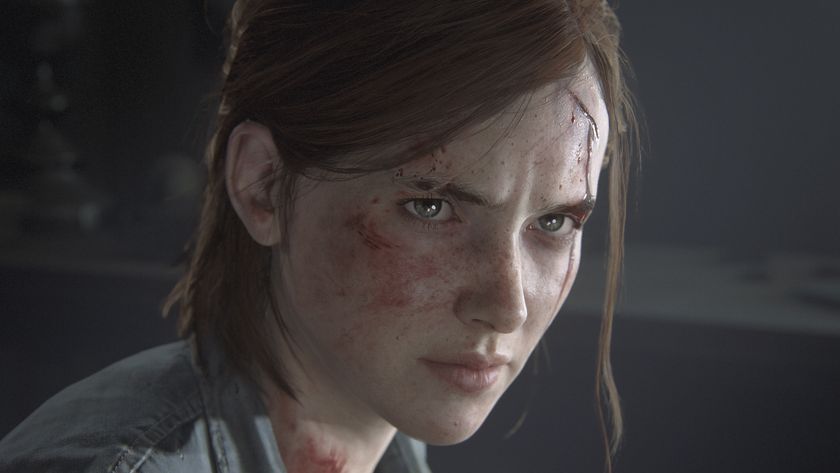Franchise Founders
The biggest games of the biggest names
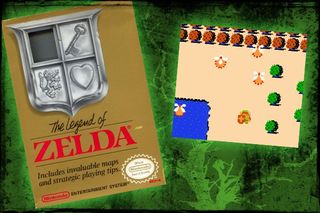
The Legend of Zelda(NES - 1987 - 14 games total)
With nothing but vague hints and a grab-bag of random items, it's up to you to save Hyrule from impending doom. So little has changed in this series over the years, but that hasn't stopped millions from falling in love with Link, Zelda and their eternal quest to reunite the Triforce.
Why it soared
Try to imagine a world with no internet, no FAQs and no vast horde of gamers to reply upon for information. You're playing a ton of NES games because it's the cool thing to do, clearing levels in Mario or racing through Excitebike - all in all a pretty fun time. Then you see a glowing gold cartridge with strange symbols on the cover, put in into your system and witness the glory that is the Zelda title screen. Eerie tunes play as the sky turns dark and a story unfolds of a great power lost and an insurmountable task to accomplish. The game begins and... nothing. You have no direction, no rules, no level 1-1 to beat. It's totally open for exploration, with secrets so bountiful you start to wonder if there even is an end to this quest. A new sword here, an undiscovered dungeon there, all seemingly random yet intricately tied together and utterly necessary for your survival. An extensive cast of monsters and allies arguably made Hyrule more interesting then any other virtual world before it. Also, as the first NES game to save progress, you were finally able to play for hours and then come back later to finish the job. It was like nothing else available at the time, and still remains a solid game to this day.
What it did for the franchise
Much like Super Mario Bros. began everything we know about the jump-happy plumber, so did Zelda for Link and his quest to stop Ganon. The concept of slowly discovering crucial items was introduced here too. Each dungeon would contain some new doodad that would allow you to access new areas of the sprawling map (if you didn't take your time and explore every room, you'd likely be lost for hours). Life-restoring fairies, the incessant "near death" beeping and the iconic "you found it!" jingle all came from this first attempt as well. In fact, pretty much everything you know got its start here, as even the most recent Zelda titles do not stray far from the formula set in place 20 years ago. Despite its constant borrowing of ideas, the franchise remains one of the most well-known names in the world, familiar to gamers and non-gamers alike.
Who it inspired
Zelda was the prototype for adventure games, and, to lesser extent, console RPGs as a whole. The idea of actually having a narrative, however slight, to push the player forward was used to great effect here. An entire world hangs in the balance, threatened by a specific antagonist who's bent on reshaping the world - such an idea wasn't as common then as it is now, especially on the NES. Any adventure game released after Zelda, for better or worse, tried to incorporate some kind of story element to better involve the player. Not many games try to directly imitate the franchise, though, possibly out of respect or silent acknowledgement that no one beats Link at his own game. In our opinion, Okami is the only game that even comes close.
Sign up to the GamesRadar+ Newsletter
Weekly digests, tales from the communities you love, and more
A fomer Executive Editor at GamesRadar, Brett also contributed content to many other Future gaming publications including Nintendo Power, PC Gamer and Official Xbox Magazine. Brett has worked at Capcom in several senior roles, is an experienced podcaster, and now works as a Senior Manager of Content Communications at PlayStation SIE.
